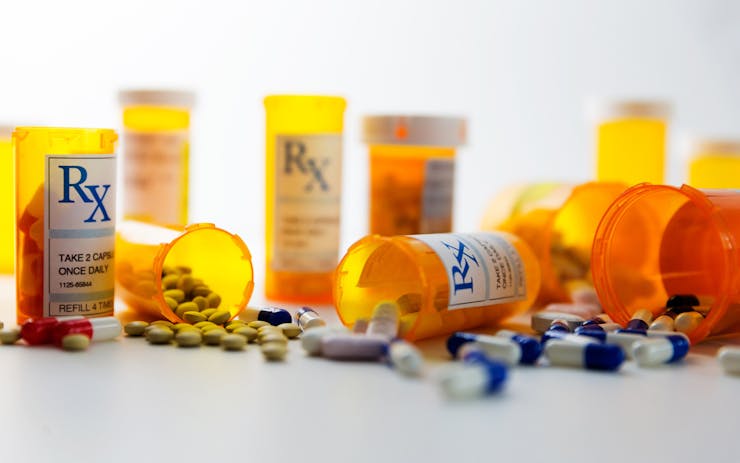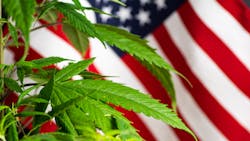The United States’ epidemic of opioid abuse has been raging for a decade and a half, with more than a half-million citizens dying from drug overdoses (the majority of them opioid-related) between 2000 and 2015.
The latest numbers reveal it’s only getting worse. As CNN reports, “New government data show an increase in opioid overdose deaths during the first three quarters of [2016], an indication that efforts to curb the epidemic are not working.”
This week brought some long-awaited (if sometimes contradictory) discussion of the problem from the federal government, commencing with Monday’s release of an interim report from the Commission on Combating Drug Addiction and the Opioid Crisis. “With approximately 142 Americans dying every day, America is enduring a death toll equal to September 11th every three weeks,” read the bipartisan commission’s report, which urged the feds to declare the crisis a national emergency.
That idea was shot down the following day, when Health and Human Services Secretary Tom Price suggested such a declaration unnecessary. “We believe that at this point, the resources that we need or the focus that we need to bring to bear to the opioid crises can be addressed without the declaration of an emergency,” said Price at a press briefing following a meeting with President Trump, “although all things are on the table for the president.”
On Thursday, Trump weighed in, seemingly reversing the position put forth by Price: “The opioid crisis is an emergency, and I am saying, officially, right now, it is an emergency,” said the president from his Bedminster, NJ, golf club. “It’s a national emergency. We’re going to spend a lot of time, a lot of effort, and a lot of money on the opioid crisis.”
With plans to draw up an official declaration allegedly in the works, let’s deal with the basics: What does a formal declaration of a national emergency entail?
Historically, national emergencies are typically tied to natural disasters. The most recent came in 2009, when President Obama declared a one-year state of national emergency to prepare for the H1N1 influenza virus. “The crucial thing an emergency declaration does,” writes CNN, “is mobilize resources and bring much-needed attention to the problem, especially in getting politicians, leaders and the public on the same page.”
Specifics on the resources mobilized by an emergency declaration come from PBS, which notes that a federal declaration “would allow the administration to remove several barriers to treatment. Under current law, Medicaid funds can’t be used to reimburse inpatient facilities that treat ‘mental diseases,’ including addiction, if they have more than 16 beds.” By removing that barrier, the Commission on Combating Drug Addiction and the Opioid Crisis said, would “immediately open treatment to thousands of Americans in existing facilities in all 50 states.”
The commission also noted that an official declaration of emergency would “mandate medical education training in opioid prescribing” and establish federal incentives to help addicts access restricted medications like methadone and buprenorphine.
“A presidential proclamation could also trigger some very specific tools for federal and state governments,” reports USA Today, citing the availability of grants from the Public Health Emergencies Fund and the suspension of some of the more restrictive patient privacy provisions of the Health Insurance Portability and Accountability Act of 1996.
Stay tuned for news on the official declaration. In the meantime, explore the numerous articles linked in this piece, exploring the important roles cannabis could play in combatting the opioid epidemic.





